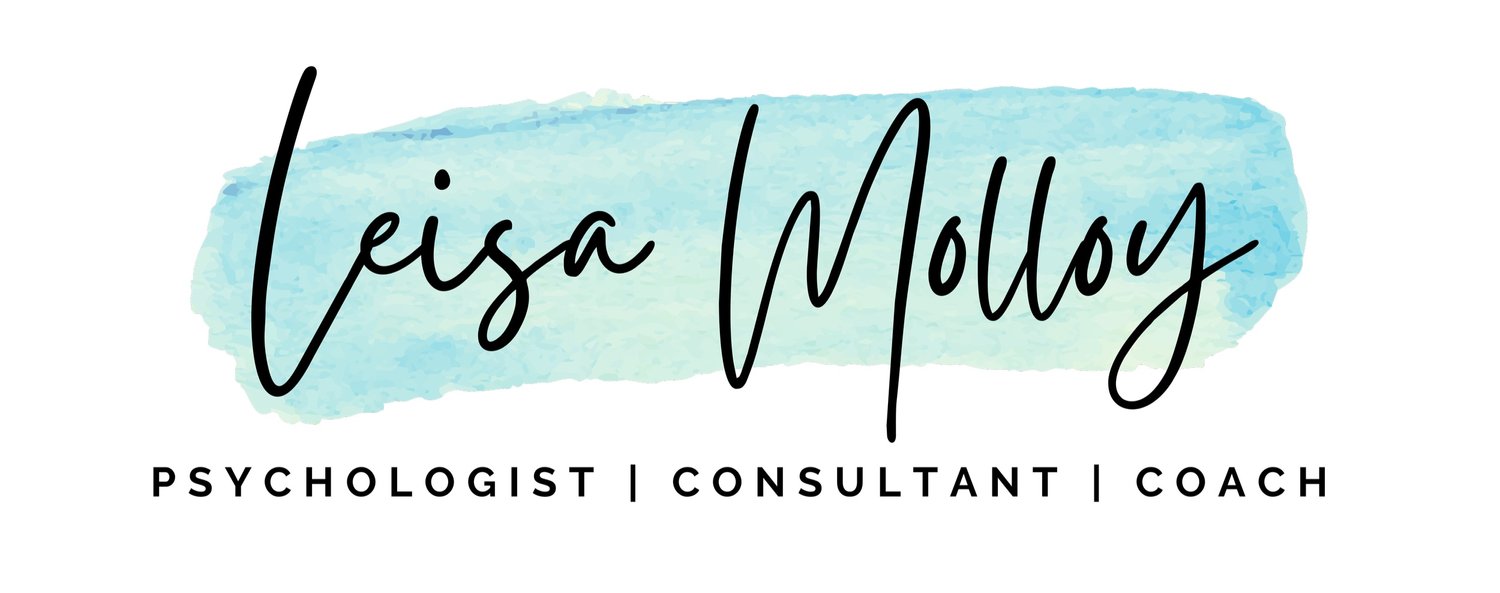On Fighting Well, Reluctant Leaders, and Constructively Challenging Others…
Every month I send out a newsletter including resources, freebies and insights for leaders who want to be more skilled, self-aware and ‘human’ in their approach to handling relationships and navigating important workplace conversations. Most include topics relating to trust, psychological safety, emotional intelligence, communication, and connection.
This is the content from the June 2021 newsletter - enjoy! And be sure to sign up for the newsletter if you enjoy this kind of content :-)
Do your leaders have time for their people?
This article highlights a frustration that several of my coaching clients have raised over the years - not getting enough time with their leader. Indeed, some of the impacts described in the article almost echo specific conversations that I've had numerous times.
As the author asserts, "When people can't find you, they aren't getting the information they need to do their job well. They waste time just trying to get your time. When you aren't available it’s also you who isn't getting the message. You’re not picking up vital information, feedback, and early warning signs."). Admittedly, the not-enough-hours-in-the day problem isn't easy to solve. Nevertheless, I still think the article presents some good 'food for thought' on the importance of leaders finding ways to be present and 'tuned in' to their people.
You can read the article here.
Are you dealing with a stubborn, defensive or defiant employee?
If so, this article explores a couple of different tactics you can try, with an emphasis on challenging your own thinking and looking for workable solutions (rather than simply writing them off!).
I like the suggestion of using a strengths-based approach to redesign or adjust the individual's role or responsibilities. In the world of positive psychology, this is often referred to as "job crafting". I also think the article highlights the importance of demonstrating empathy and curiosity by asking yourself, "What is really going on for this person right now?". Indeed, I often encourage my clients to consider the most generous explanation of someone else's behaviour or motives when discussing a tricky people-related problem. This prompts them to look at the situation from a new angle and put themselves in the other person's 'shoes'.
You can find the HBR article by following this link.
Are you watching your tone?
Currently I'm working with several coaching clients who are trying to 'nuance' their communication style, all the while carefully monitoring their impact on others.
This article refers to a challenge that a few are currently facing - the almost impossible task of getting the balance jussttt right between being confident, authoritative, and influential - but not "aggressive" or "bossy". The suggested strategies are similar to some of those my clients are experimenting with. They emphasise the value of being intentional with your words and tone, and building emotional self-awareness to avoid any impact on your tone or delivery (what psychologists call "emotional leakage" - not the nicest term!).
You can read the Forbes article here.
Are your potential leaders reluctant to lead?
This podcast interview explores some of the barriers that make highly capable and talented employees reluctant to take up leadership roles.
More specifically, Scott DeRue outlines three different types of risk that have emerged from his research - interpersonal risk, image risk, and risk of being blamed for poor outcomes. What I found most interesting is that many of these risks involve relationships, with potential leaders worrying about shifting interpersonal and power dynamics. To me, this really highlights the importance of creating an environment where people feel comfortable having open and candid conversations about these challenges. The conversation also explored the importance of psychological safety, learning agility, and truly listening - all topics that I'm quite passionate about! One of my favourite quotes from the podcast is this - "the power of leadership is in the questions that you ask, not the answers that you have".
You can listen to the Future of Work podcast here, or access it via Spotify or Apple Podcast.
How well do you fight?
This podcast episode includes two of my favourites, with Michael Bungay-Stanier interviewing Liane Davey on creating constructive conflict at work.
Davey talks about the reasons we're so uncomfortable with conflict, the price we pay for accumulating “conflict debt”, and whether or not choosing your battles is actually a good strategy. She also shares some practical tips for turning potential conflict into joint problem solving through acknowledging, validating, and asking genuinely open and curious questions.
You can tune into the podcast episode via the MBS Works website here (you need to scroll right down!) or find it here on Spotify.
Can you constructively challenge others' thinking?
Inspired by the podcast episode above, this month I'm sharing a free resource sheet previously created for a couple of clients. It includes a range of potential responses and questions to constructively challenge others’ thinking and introduce some 'healthy' conflict into discussions.
In the worksheet you’ll find some prompts, questions, and examples of what you can say to explore different perspectives, flesh out the real issue, clarify different definitions of “success”, highlight potential assumptions, and intentionally create some 'space' for dissent.
Find it here via this post right here on this website!
Thanks for reading! Feel free to share with anyone who might find these insights helpful, or want to sign up and join the community.






